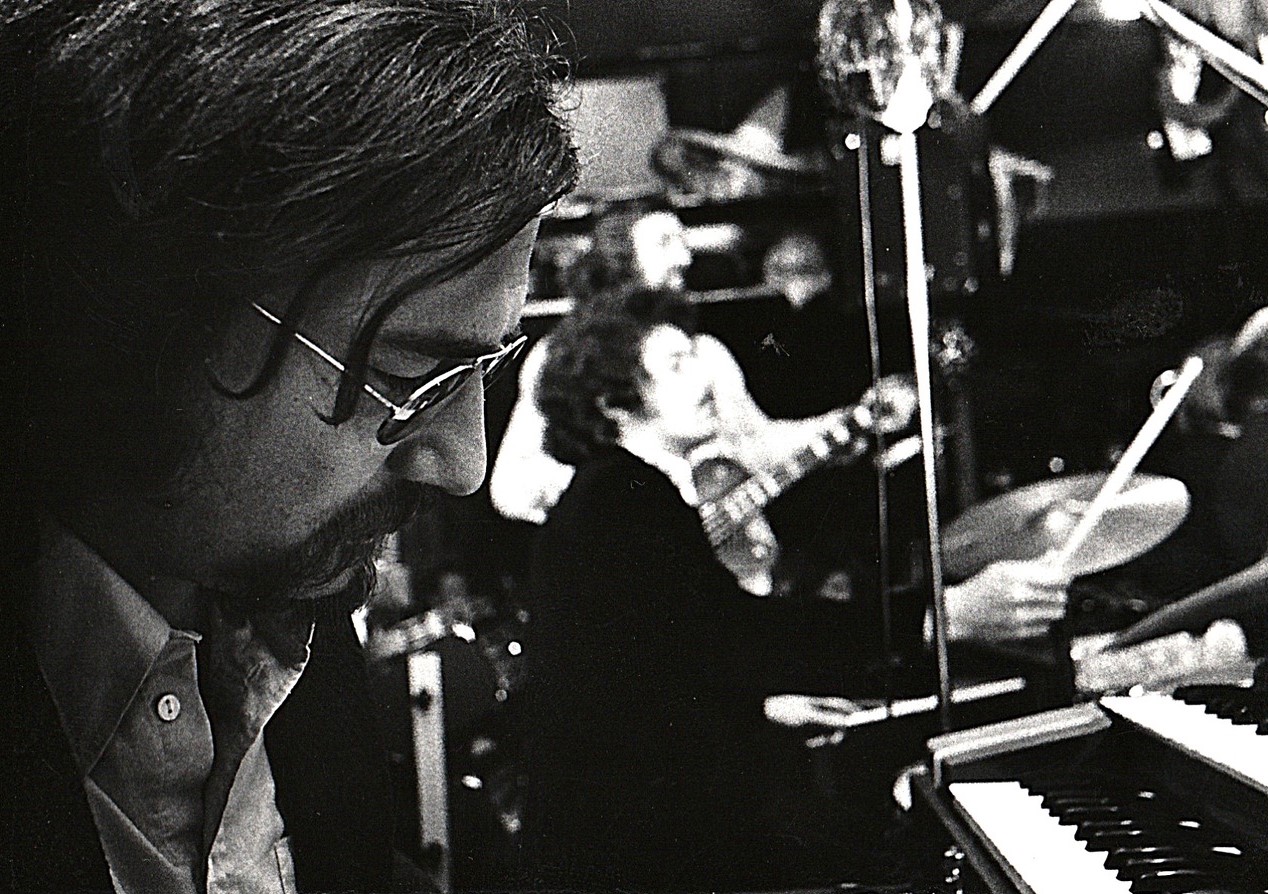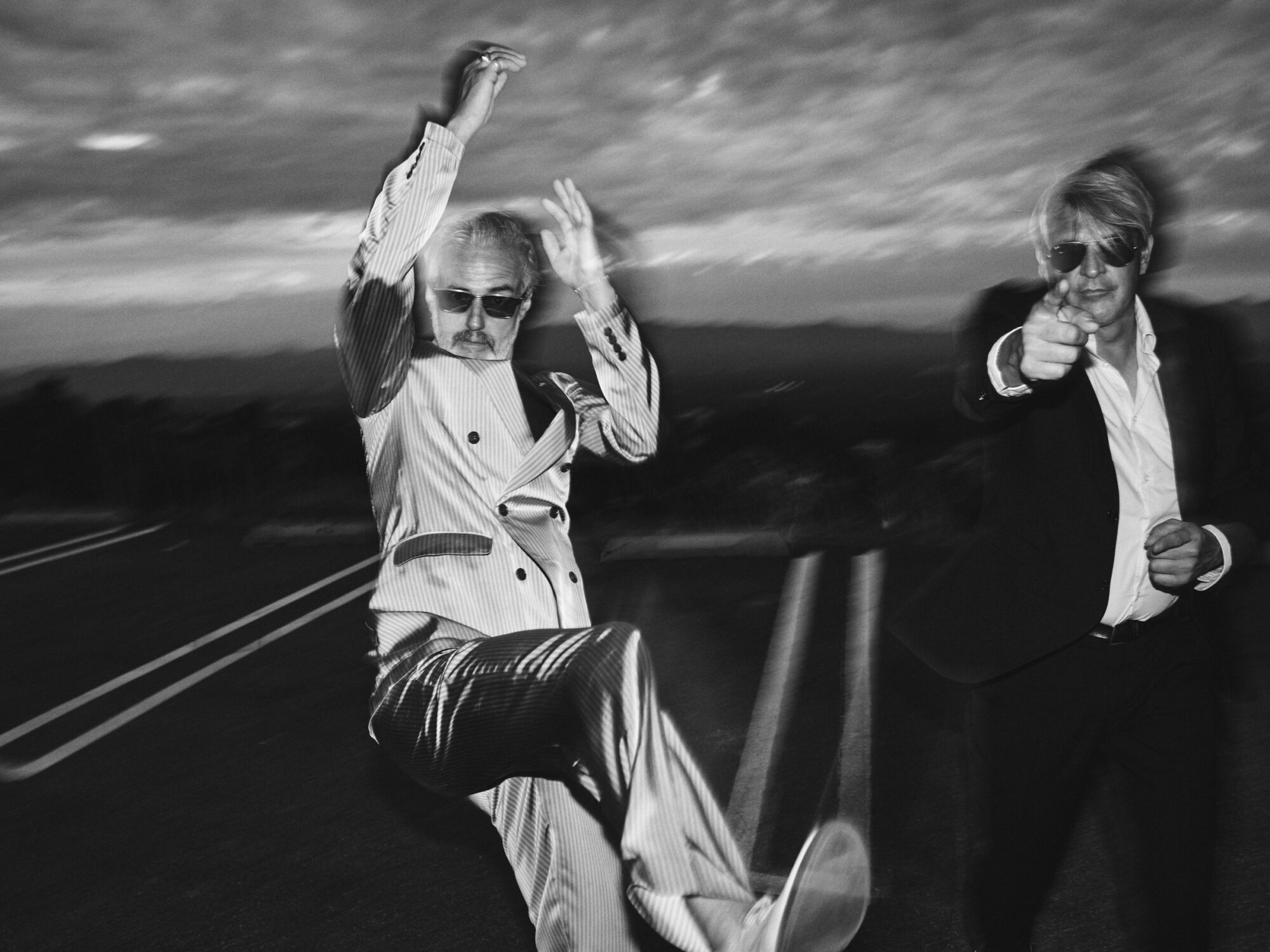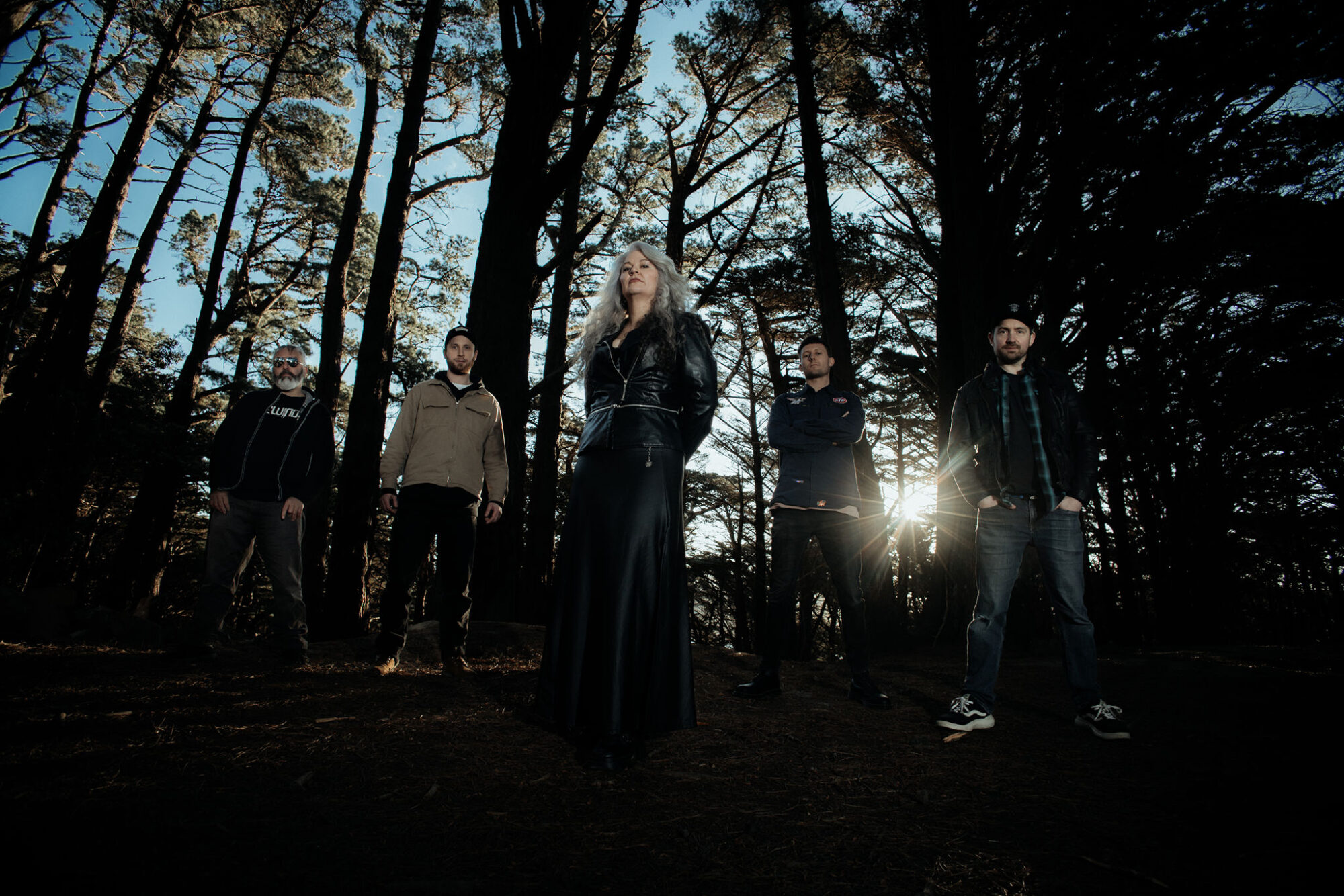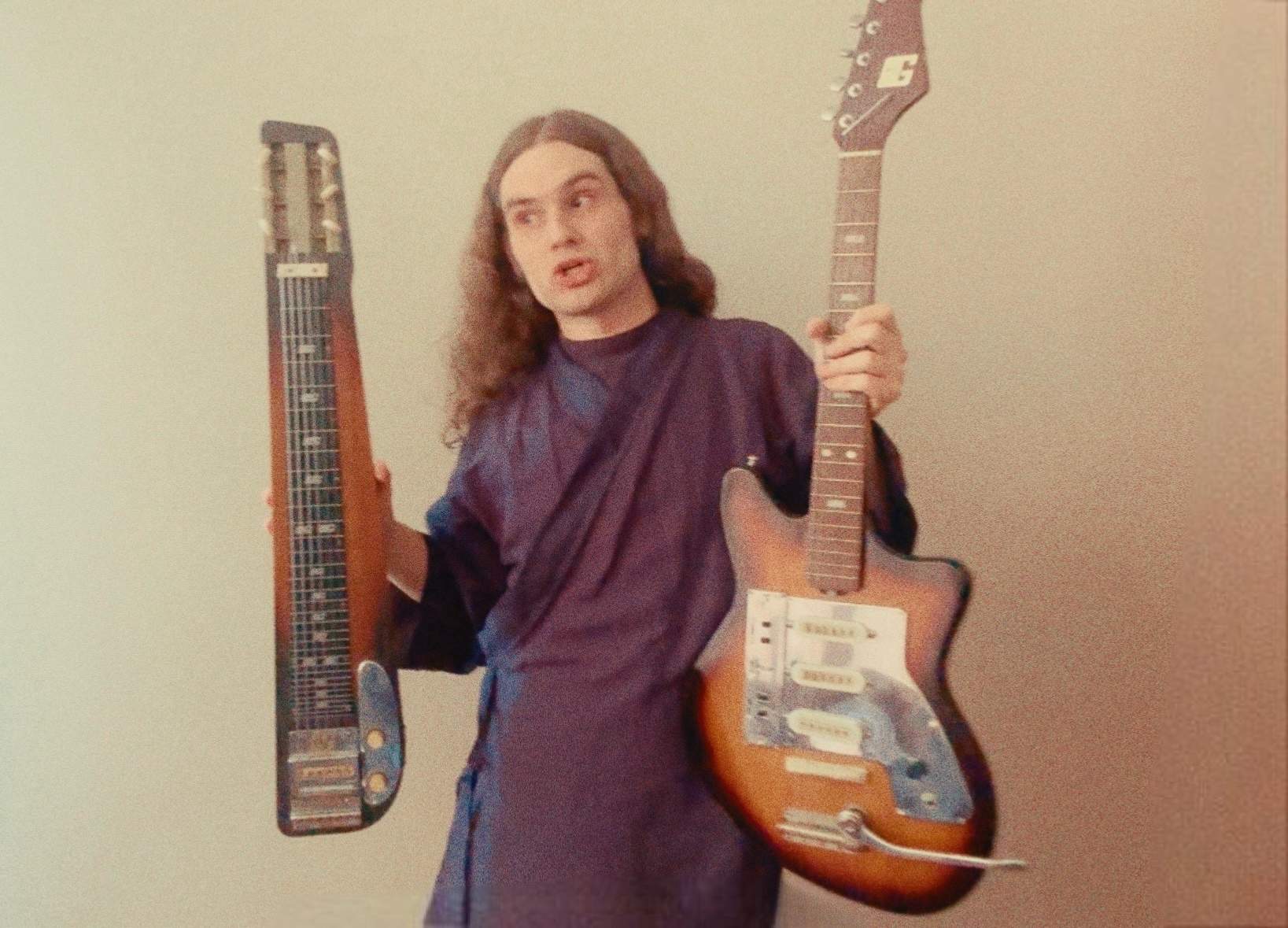Vita Nova | Sylvester Levay | Interview
Sylvester Levay, a renowned composer and musician originally from Yugoslavia, has forged a distinguished career spanning continents and genres.
His journey began with early successes, composing for festivals and playing in orchestras like Ambros Seelos. Moving to Munich in the 1970s, Sylvester collaborated with artists such as Michael Kunze, achieving global acclaim with the group Silver Convention and winning a Grammy. His innovative spirit led to the conceptual Vita Nova project, a studio production exploring complex themes through music. Sylvester’s musical odyssey continued with influential roles in Hollywood, collaborating with directors on iconic films like Scarface, and later enjoying fruitful partnerships in Asia, including memorable concerts with Xiah Junsu. Today, based in Bavaria, Sylvester Levay remains a prolific force in musical theater, continually enriching his legacy with new creations.
Vita Nova’s eponymous album, released in 1971 on the Austrian label Life Records, stands as a noteworthy but enigmatic artifact within the krautrock genre. This rare release has garnered attention not only for its scarcity but also for its eclectic musical approach and the later achievements of its band members. Comprising an international trio based in Munich, Vita Nova featured Eddy Marron (known from his work with Dzyan) on guitar, Sylvester Levay on keyboards, and Christian von Hoffmann on drums. The album is characterized by a distinctive blend of styles, incorporating elements of progressive rock, psychedelia, and krautrock, often interwoven with classical and jazz influences Of particular interest is Vita Nova’s use of Latin lyrics throughout the album, contributing to its distinctive character and adding a layer of mystery to the lyrical content. This decision, coupled with the band’s experimental instrumentation—featuring prominent organ, clavinet, and guitar work—sets Vita Nova apart from contemporaneous acts. Following its limited release, Vita Nova faded into obscurity, with its members pursuing diverse musical careers. Notably, Sylvester Levay later gained renown as a composer for film and television.
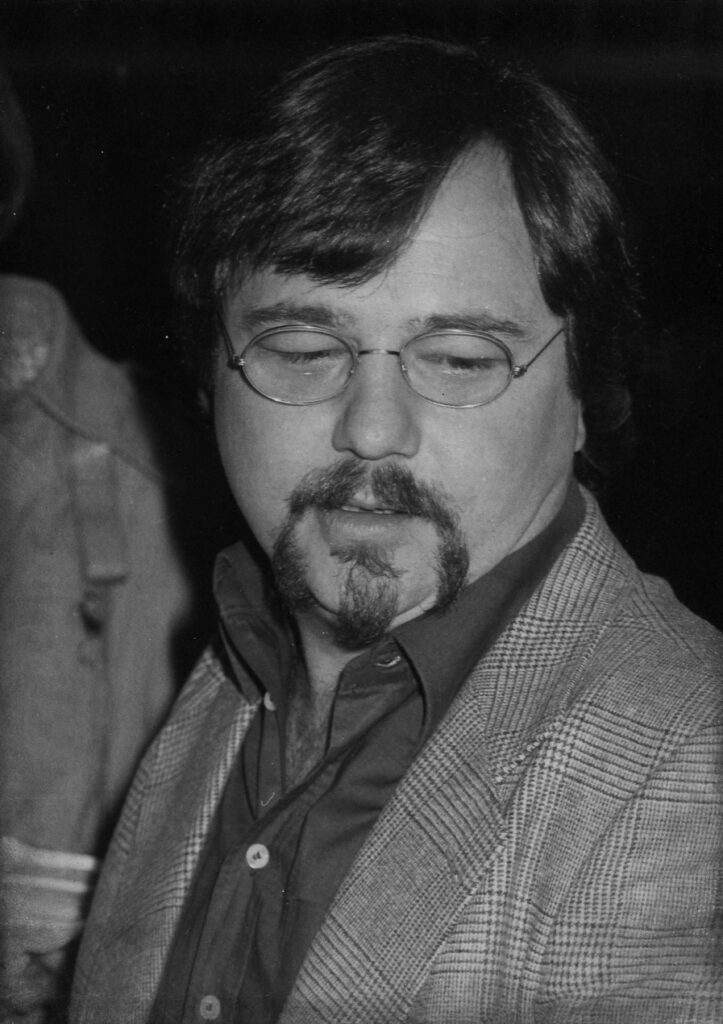
“To express our feelings about the dramatic situation in the world at that time and in the future”
You’re originally from Subotica, Yugoslavia, now Serbia. Tell us, what was life like there? What did your parents do?
Sylvester Levay: My family and I are of Hungarian heritage, so we were a minority. However, through this, I learned both languages: Hungarian and Serbian. My father was a writer and a journalist, and my mother was a music professor. Life in Yugoslavia was very good for us. We didn’t have as many restrictions as other Eastern European countries. I was able to see American, English, French, and Italian movies. That was great and it helped me decide that I wanted to enter the world of music.
You had a brother who was also interested in music. What are some things that you liked to do together back then when you were kids?
My youngest brother chose music as well. We also collaborated on several music productions.
You began your studies when you were only eight years old. What led to this decision?
I started playing the piano when I was six years old, and my parents suggested that I go to music school.
Do you remember the moment you got interested in rock ‘n’ roll music, and what in particular did you like about it?
At first, I was interested in classical music, like Chopin and Liszt. Then came the Glenn Miller movie, which I loved dearly. After that, it was American rock-pop music like Elvis and Paul Anka. Yet I was hooked the most by Louis Prima because I loved Louis Prima’s and Keely Smith’s way of singing, Sam Butera’s tasteful melodic rock sax solos, and of course, the groovy rhythm section.
Was it difficult for you to get records from abroad? Rock, jazz records, et cetera?
That was the beauty of Yugoslavia at that time; we could buy all the American records there.
You became a music arranger and lyricist. Tell us about some of your very first involvements.
At first, I started with composing pop music when I was 15. After that, I started to orchestrate. But I was never a lyricist.
You were around 27 years old when you moved to Munich in 1972. What occupied your life until then in Yugoslavia?
Actually, I was sixteen when I moved to Germany. Until then, I was composing songs for festivals, where I was very successful. I also played in different orchestras until one day I got an invitation for a tour in Germany for three months. But I stayed until the present day.
One of the early works you did was with Ambros Seelos…
I was a member of Ambros Seelos for six years, touring around Europe.
What else?
During this time, I was orchestrating for the band and continued composing, making my own recordings in Munich and London.
And what led you to move to Germany?
As I mentioned, it was the invitation for a tour.
How did you meet Michael Kunze?
I met Mr. Kunze in 1972 by coincidence at Union Studios in Munich.
Together you created many successful theatrical works. I would love it if you could speak about some of the highlights.
At first, we worked together writing and producing pop songs. We got lucky because one of our first productions was the group Silver Convention, which became very successful all around the world. We even won a Grammy. That was in the early seventies. After several years of writing and producing pop songs, we decided to do something else. Michael was writing books, and I moved to Los Angeles to fulfill my dream of becoming a film composer.
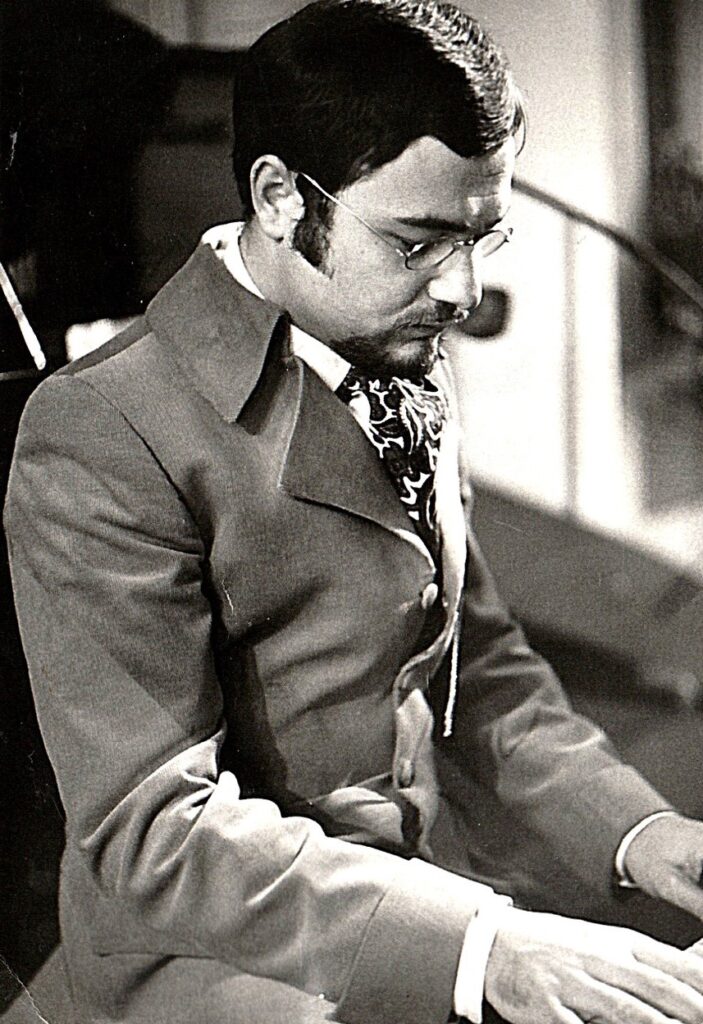
How did you originally meet Christian Von Hoffmann and Eddy Marron?
Christian was the drummer in the band of Ambros Seelos. I knew Eddy, who was a member of another touring orchestra.
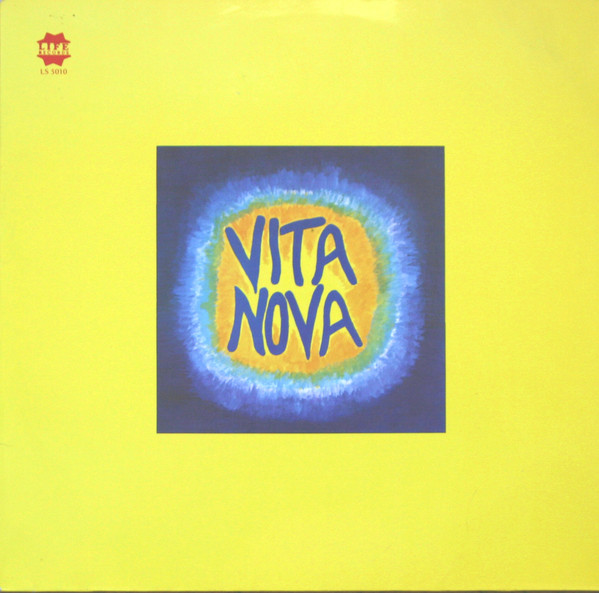
What led to the formation of Vita Nova? Was this a project only, or did you actually play some shows as well?
During my time with the Ambros Seelos orchestra in the early seventies, I composed the music for the production of Vita Nova. I spoke to Christian and Eddy about my idea for Vita Nova, and they immediately agreed to join in.
Vita Nova was only a studio production. Because we did not sell many records, there was no chance to plan a tour with the group, although we would have loved to get on the road with Vita Nova.
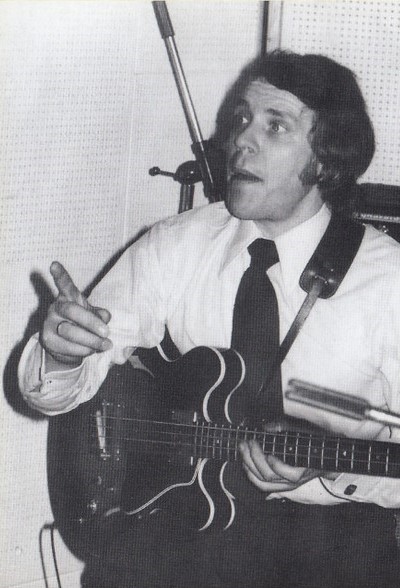
Would you share your insight on the album’s tracks?
During the recording of the tracks, we felt that the material was different and original. We had a lot of fun creating the world of Vita Nova. I was very excited while composing the songs. Eddy Marron wrote a few instrumental tunes as well. ‘Heya-Cleya’ was a piece dedicated to Christian’s girlfriend.
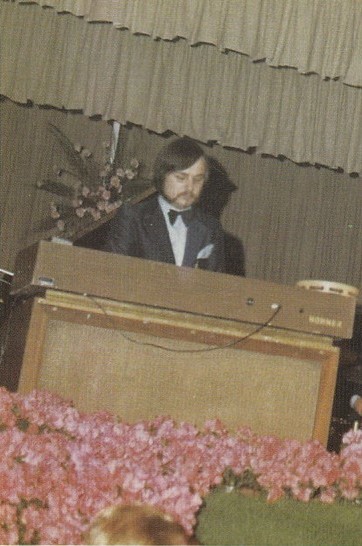
The album itself is really complex and diverse. Was there a certain concept behind it?
It was a concept album. The thought behind it was to express our feelings about the dramatic situation in the world at that time and in the future. My brother-in-law wrote the lyrics in Latin. The story begins in the past and comes to a dramatic finale: the end of the world, as we experience it nowadays as well. My wife, Monika Levay, designed the album cover, based on a painting by my eldest brother, Endre Levay Jr.
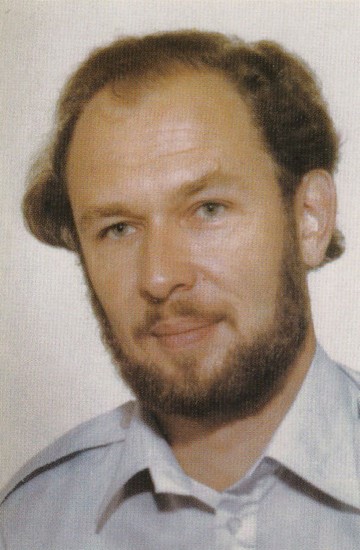
What are some of the strongest memories from recording it? Who was the producer and where did you record it? Do you know how many copies you pressed? I guess it was a private press?
We recorded the album in Munich at Union Studios, where Michael Kunze and I later recorded all our hit songs. During the recording of the Vita Nova songs, we were very excited because it was all very new to us. We had never played this material before.
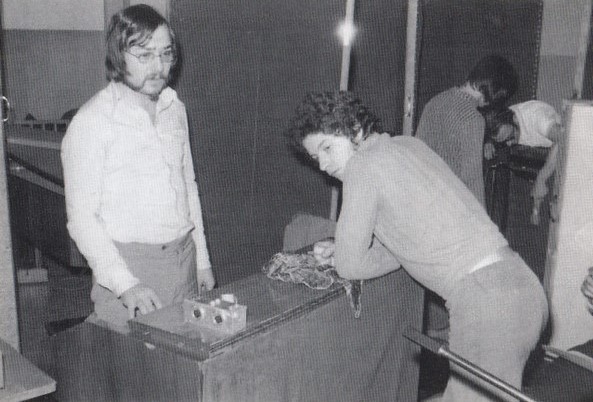
Did you participate in any similar projects like Vita Nova? Did you stay in touch with the members of Vita Nova?
I did not participate in similar productions after the Vita Nova project. I haven’t seen Christian since, but I had contact with Eddy years ago, and it was a very warm conversation.
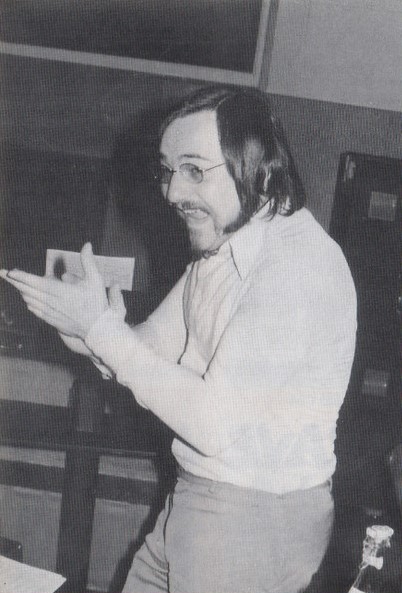
Your brother Tibor Levay is also a musician and was in Smak, if I’m not mistaken?
Yes, my younger brother Tibor Levay is a musician as well, and he was a member of the group Smak. He lived and worked in Germany for many years, and then moved to Johannesburg, South Africa, where he has lived and worked for 20 years.
How did you get connected to the Ralf Nowy Group?
Ralf Nowy was a colleague and a friend. We orchestrated pop songs in Munich for successful artists. I also joined his group for a German tour. It was a fantastic experience.
When did you begin working on movie soundtracks and what led you to move to Hollywood in 1980?
At the age of fifteen, I saw the movie “Cat on a Hot Tin Roof” in Subotica (my birthplace). The great and simple score made such a strong impression on me that I decided I wanted to become a film composer one day.
What was life like there for an artist like you?
I had a good start because I knew Giorgio Moroder, who was already an established film composer in Hollywood. He asked me to work for him as an orchestrator and keyboard player. I collaborated with Giorgio on movies like Cat People, Flashdance, Scarface, and his re-release production of the movie Metropolis.
How did you approach working with some truly famous film directors on legendary movies like Scarface? Do you have a certain process for how you approach film music?
I was always very friendly and direct with the directors and actors, as if I had known them for a long time. This created a good relationship, and the creative communication worked great. As a result, the outcomes were much better.
One of the highlights must be your work with Xiah Junsu of JYJ to prepare for a musical concert – “Kim Junsu Musical Concert, Levay with Friends” in South Korea, held at Seoul’s Olympic Gymnastics Arena.
Xiah Junsu is a pop star in Asia, and he was cast in my musicals in South Korea: Mozart! and Elisabeth. Over the years, we became friends, and we agreed to do two big concerts at Seoul’s Olympic Gymnastics Arena. These concerts were very successful.
Where are you currently based and what are some of the latest projects that occupy your life?
I am currently at my home in Bavaria, Germany, and will be flying to Tokyo, Japan next week for the Japanese premiere of the new musical Beethoven’s Secret. The performances of the musical Rebecca have just finished in London at Charing Cross Theatre with great success. I have written all my musicals with my partner Michael Kunze.
Is there any unreleased material that you would like to see being released? Maybe something in the style of Vita Nova?
At this point, I am happy to say that all my projects have been realized. Nevertheless, I might begin to write a new musical in the near future. I haven’t decided on the story yet.
It’s absolutely impossible to cover your discography. Would it be possible for you to choose a few collaborations that still warm your heart?
I have wonderful memories of working with Donna Summer, Sister Sledge, Gladys Knight, Elton John, Herbie Mann, and others.
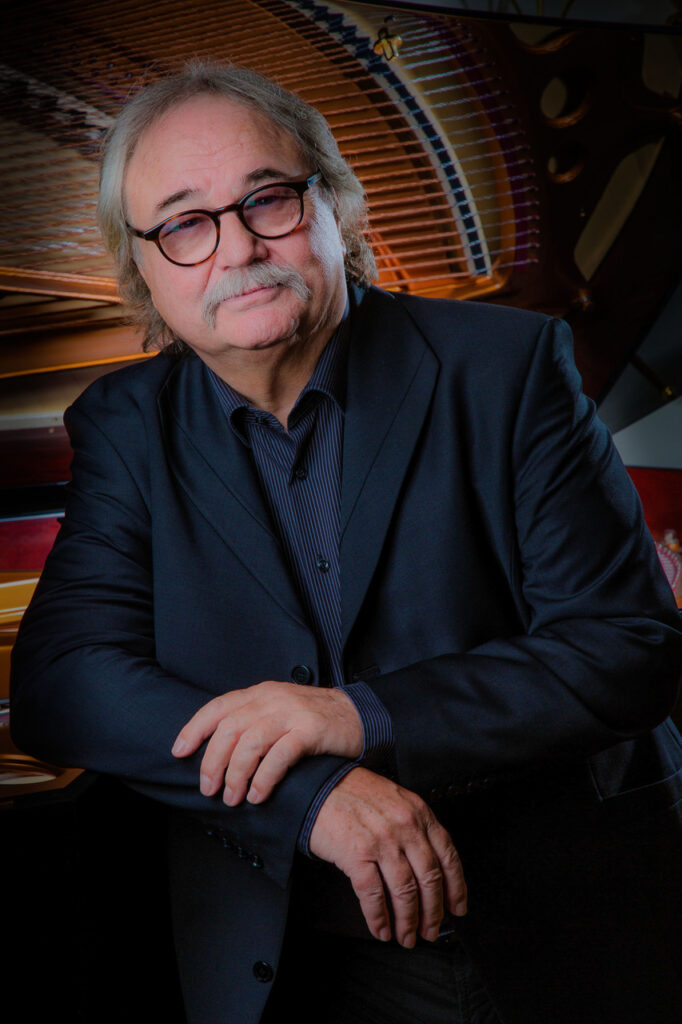
What are some of the most important artists that influenced your own style, and what in particular did they employ in their creation that you liked?
There are many creatively great people who influenced my musical style, beginning with Frederic Chopin, Louis Prima, Oscar Peterson, Bill Evans, Dave Brubeck, and of course, the Beatles. Later on, when I became a film composer, I loved Gustav Holst’s The Planets, followed by John Williams, Alan Silvestri, Hans Zimmer, and others.
Klemen Breznikar
Headline photo: Sylvester Levay

